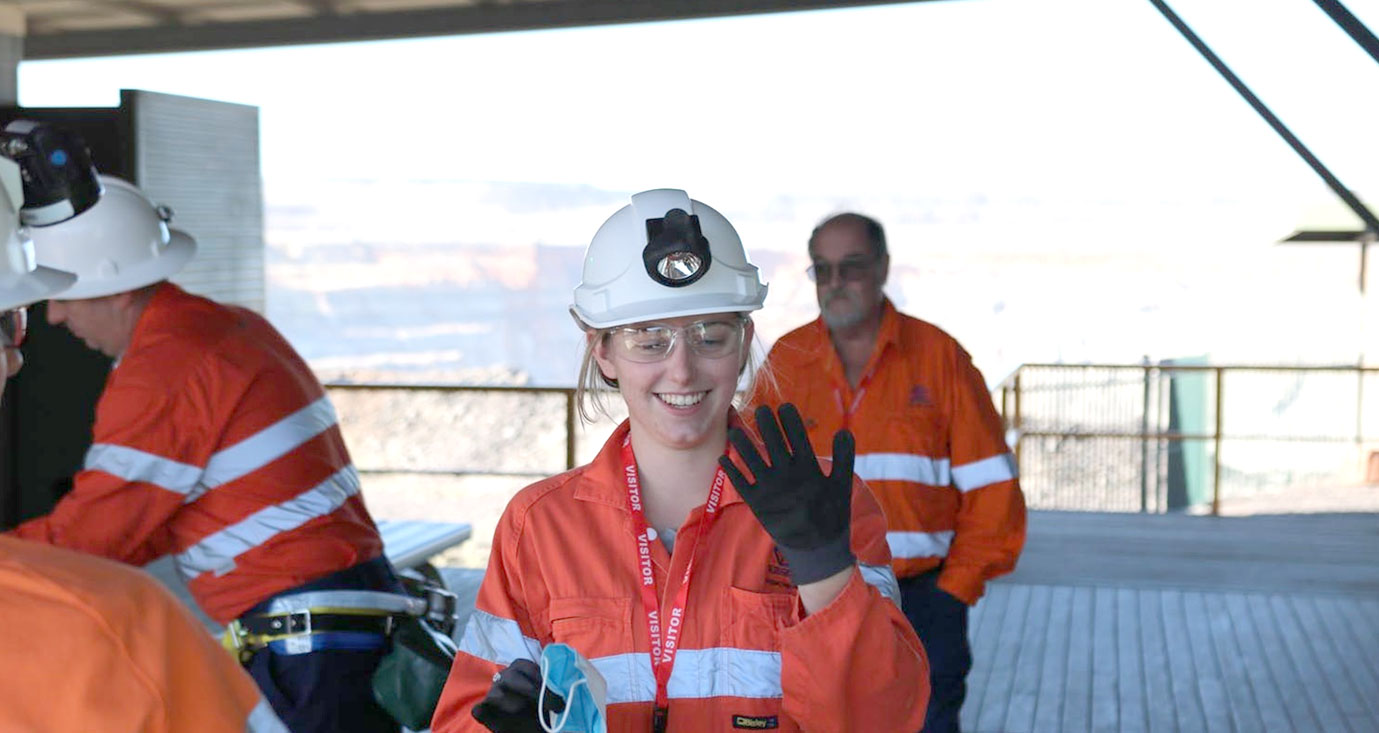METS Ignited Australia general manager Kylah Morrison outlined for the Australian Mining publication recently how the mining industry is driving change to attract and retain the people and skills it needs in the transition to net-zero.
To address this skills challenge, Morrison said, new methods of training, new business models and new sources of people are required.
“Mining previously commanded bespoke technology solutions. The transition to fully electric, autonomous mines means mining will be competing against other sectors for more mainstream industrial technology solutions and skills.”
“The mining sector risks falling behind in the global competition for talent,” she said.
Fortunately, the mining industry’s shift towards new technologies like robotics and automation is helping drive a genuine cultural transformation. There is an increasing demand for data and digital literacy skills across the entire mining value chain, while more conventional labour-intensive roles are shifting.
Ernst & Young’s report, ‘The future of work: The changing skills landscape for miners’, found that robots, drones and remote-controlled systems will be rolled out more widely to enhance exploration efforts and mining operations. These innovations are expected to redesign traditional occupations such as drill operators, surveyors, and field geologists.
Cloud computing, information-sharing, and big data are also predicted to continue changing the nature of work, enabling integrated operating centres that allow more work to be performed remotely and flexibly.
“As more work happens remotely, in the cloud and away from physical labour, there are opportunities to leverage new sources of skills, and improve diversity and inclusion,” she said.
With the new federal laws introduced on 27 September 2022, putting the responsibility on employers to ensure proactive measures are taken to prevent sexual harassment and discrimination in the workplace, these technological advancements in the mining sector are needed now more than ever.




